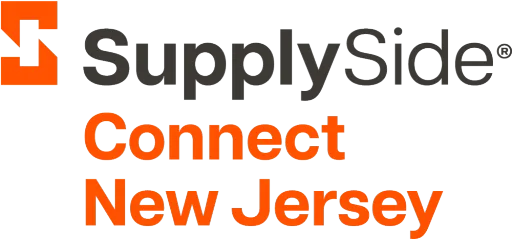NSF Updates Non-GMO Certification Requirements
ANN ARBOR, Mich. – NSF, an independent public health and safety organization, recently published an updated version of its non-GMO certification program to clarify requirements related to emerging technologies, align with new regulations and streamline the certification process. The program also has a new name to help consumers and retailers quickly identify products that meet non-GMO requirements.
Established in 2016 as NSF’s Non-GMO “True North” protocol, the program was created to verify non-GMO claims on food and beverage, dietary supplement, cosmetic, personal care and household cleaning products. Today, the program is simply known as NSF’s non-GMO certification program.
Developed and updated with input from regulatory, industry and non-GMO experts, the program has been revised to:
- Align with the language and terms used in the USDA’s National Bioengineered Food Disclosure Standard (NBFDS), a new rule effective January 1, 2020 which requires food manufacturers, importers and retailers to ensure bioengineered foods are appropriately labeled. This rule prohibits undisclosed genetically modified DNA from being present in the finished product.
- Streamline the certification process for brands and manufacturers by recognizing USDA organic certification as evidence of meeting NSF’s non-GMO certification requirements. This includes the USDA’s “Made with Organic” category and equivalent organic certifications from other regions such as the EU, Canada, Japan and Korea.
- Clarify that ingredients derived from GM microorganisms are not acceptable.
- Simplify the certification requirements for clarity, understanding and ease of use.
“The goal of NSF’s non-GMO protocol is to provide clear production, testing and evaluation criteria for the accurate labeling of non-GMO ingredients and products,” said Sarah Krol, Global Managing Director of Food Safety Product Certification at NSF. “The new and improved protocol aligns with the USDA’s National Bioengineered Food Disclosure Standard and recognizes National Organic Program requirements so that consumers who look for the NSF non-GMO mark can know with certainty what’s in (or not in) their food, dietary supplements and personal care products.”
Organizations, including those who grow, produce, manufacture, process and trade in food and beverage, dietary supplement, cosmetic, personal care and household cleaning products are eligible to apply for NSF’s non-GMO certification.
Additional information is available about NSF’s non-GMO certification program. For media interviews, please contact Lindsay Karpinskas at media@nsf.org or 734.773.4194.
In 2019, NSF is celebrating 75 years of protecting and improving human health. The independent, global organization facilitates standards development, and tests, audits and certifies products for the food, water, health sciences, sustainability and consumer goods industries to minimize adverse health effects and protect the environment. With operations in 110 countries, NSF is committed to protecting human health and safety worldwide. NSF is a Pan American Health Organization/World Health Organization (WHO) Collaborating Center on Food Safety, Water Quality and Indoor Environment.
NSF provides expertise and accredited food services across all supply chain sectors, including agriculture, animal feed and welfare, produce, processing, distribution, dairy, seafood, quality management software, retail and restaurants. Services include Global Food Safety Initiative, foodservice equipment and nonfood compounds certification, HACCP validation and inspection, label claims verification and certification, DNA and food package testing, product and process development, food fraud consulting and training, and organic and Certified Transitional certification through Quality Assurance International (QAI). Separately, we also offer expert auditing, consulting and training.
Share this Article
How NSF Can Help You
Get in touch to find out how we can help you and your business thrive.

What’s New with NSF

GMP and Regulatory Compliance Virtual SupplySide Connect New Jersey Training
January 30, 2025